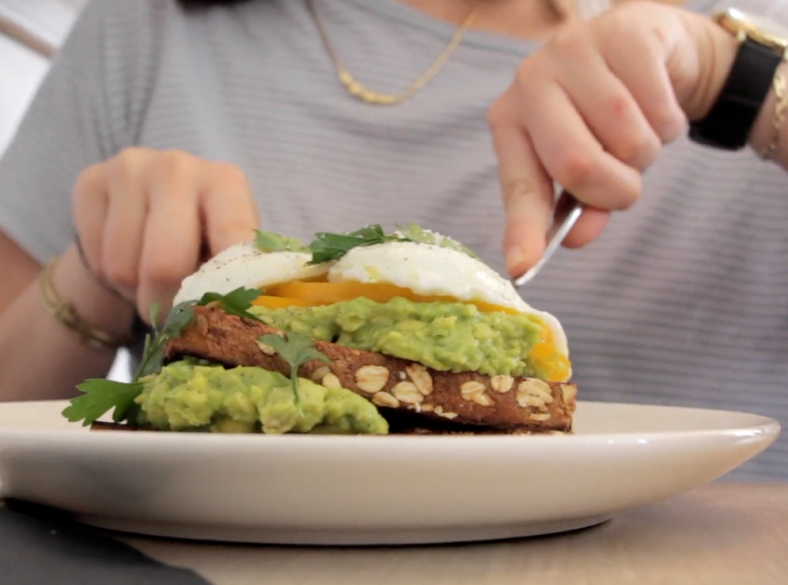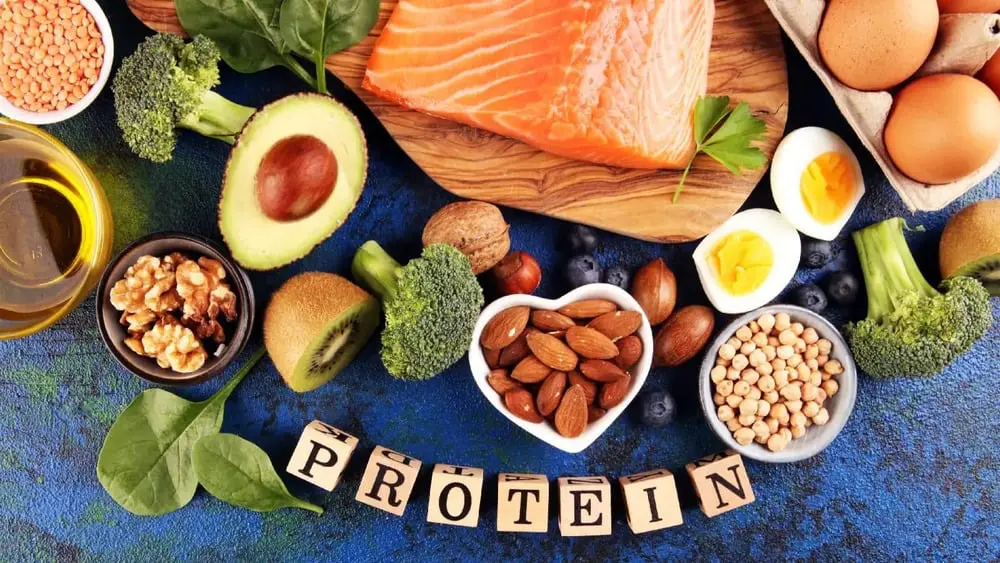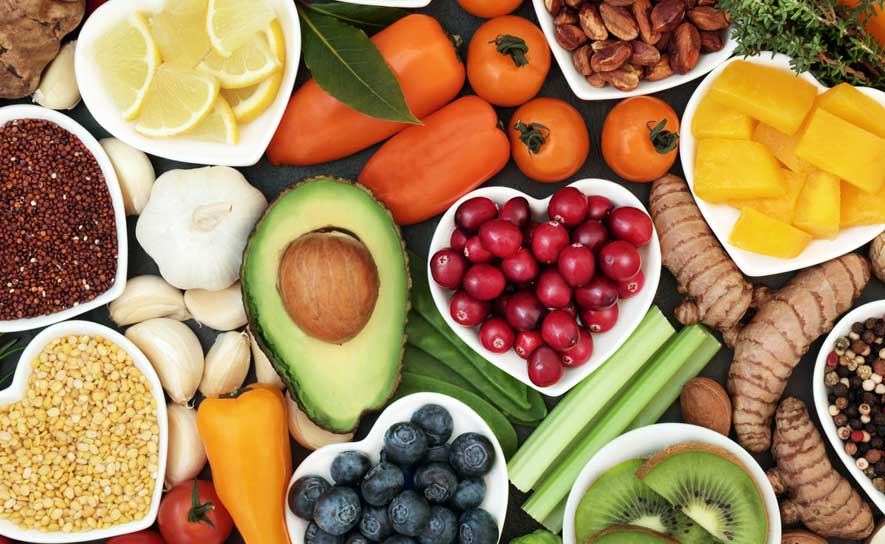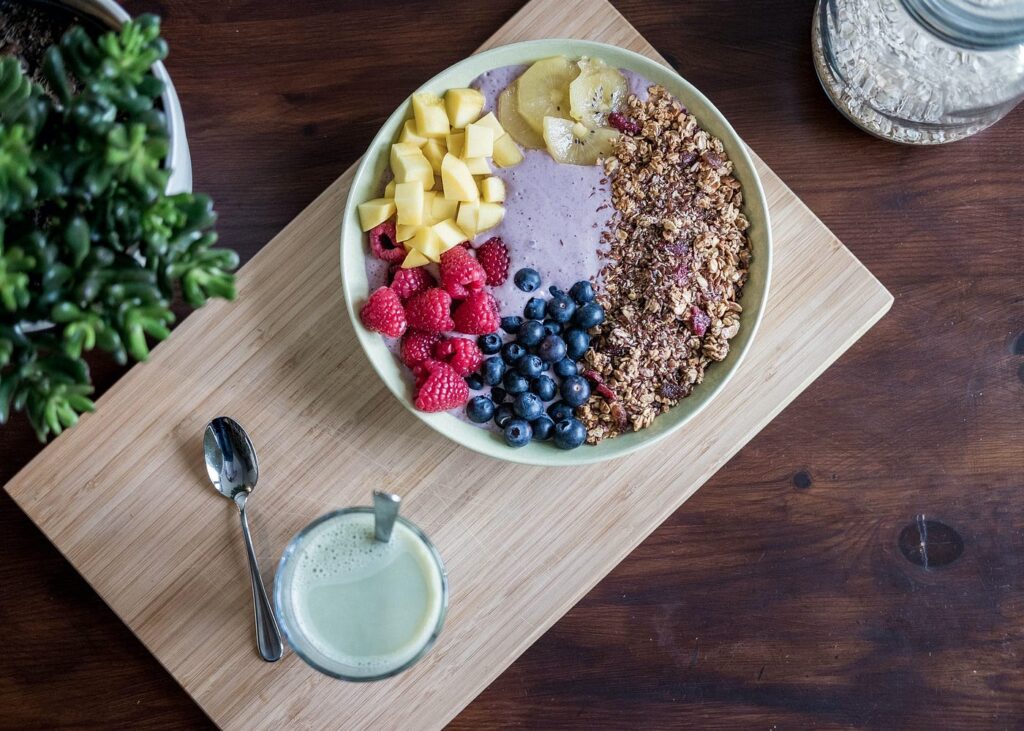In the world of competitive swimming, especially for young athletes, nutrition plays a pivotal role in performance and overall health. This article explores essential nutrition tips tailored for young swimmers, focusing on what to eat before and after swimming, daily dietary needs, the role of supplements, hydration strategies, smart snacking, and effective meal planning. Each section is designed to provide actionable insights to help young swimmers maximize their potential through a well-balanced diet.
Key Takeaways
- Understand the importance of a balanced pre-swim meal for energy and performance.
- Recognize the role of protein and hydration in post-swim recovery.
- Learn how daily dietary choices can impact a swimmer’s energy levels and health.
- Evaluate the need for supplements and explore natural dietary alternatives.
- Implement practical meal planning and preparation strategies to accommodate a swimmer’s busy schedule.
Fueling Up: What to Eat Before a Swim
The Best Pre-Swim Meals
When it comes to pre-swim meals, think light but energizing. A good rule of thumb is to focus on carbohydrates for quick energy. Oatmeal, whole grain breads, and fruits are excellent choices. It’s best to avoid heavy, fatty foods that can slow you down.

Pre-meal for young swimmer
Read more: Crafting a Nutrition Plan for Competitive Swimmers
Timing Your Nutrition
Timing is crucial! Aim to eat your meal about 2 to 3 hours before diving in. This gives your body enough time to digest and convert food into energy. If you’re pressed for time, a small, carb-rich snack 30 minutes before swimming can also do the trick.
Hydration Essentials
Hydration isn’t just about drinking water right before you swim. Start hydrating the day before, especially if you’re gearing up for a big meet. Sipping on water throughout the day is key, and incorporating beverages like coconut water can help maintain electrolyte balance, enhancing your performance in the water.
Recovery Foods: Refueling After the Pool
Post-Swim Snacks
After a tough swim, grabbing a quick snack can make a big difference in how you recover. Opt for snacks that blend carbohydrates and proteins to replenish your energy and aid muscle repair. Some great options include yogurt with fruit, a peanut butter sandwich, or a small serving of nuts and dried fruits.
The Importance of Protein
Protein is crucial for muscle repair and growth. After swimming, include protein-rich foods like chicken, fish, or tofu in your meal. For a quick protein fix, consider a glass of chocolate milk or a protein shake. These not only satisfy your hunger but also support muscle recovery efficiently.

The important of protein
Balancing Carbs and Fats
Carbohydrates are your main source of energy, so it’s important to include them in your post-swim meal. Aim for a good mix of simple and complex carbs from sources like pasta, bread, and fruits. Don’t forget to add some healthy fats, such as avocados or nuts, which provide sustained energy and aid in nutrient absorption.
Everyday Diet for Young Swimmers
Balanced Meals for Energy
For young swimmers, maintaining energy throughout the day is crucial, especially when balancing school, training, and other activities. A balanced diet should include a mix of carbohydrates, proteins, and fats to ensure sustained energy. Carbohydrates are particularly important, as they are the primary source of fuel during both freestyle and backstroke swimming sessions.
Vitamins and Minerals for Swimmers
Swimmers need a variety of vitamins and minerals to support overall health and enhance performance. Calcium and iron are particularly important for growing athletes. Incorporating a variety of fruits, vegetables, and lean proteins can help meet these needs. It’s also beneficial to include foods rich in omega-3 fatty acids, which support brain health and reduce inflammation.
Avoiding Junk Food
While it’s tempting to reach for sugary snacks, especially after intense sessions like freestyle drills for beginners or michael phelps freestyle practices, it’s crucial to opt for healthier options. Junk food can lead to spikes and crashes in blood sugar levels, affecting both performance and recovery. Encouraging young swimmers to choose nutrient-dense snacks can help them maintain optimal health and performance levels.
Supplements: Are They Necessary?
Pros and Cons of Supplements
When it comes to boosting performance and recovery, supplements can be a tempting option. They can enhance energy levels and aid muscle repair, but it’s not all sunshine and rainbows. Over-reliance can lead to neglect of natural nutrition sources and potential health risks.
Recommended Supplements
For young swimmers, sticking to basics is usually best. A daily multivitamin and omega-3 fatty acids are often enough. Here’s a quick list of commonly recommended supplements:
- Multivitamins
- Omega-3 Fatty Acids
- Iron supplements (if recommended by a doctor)
- Vitamin D (especially in winter months)
Natural Alternatives
Why not go natural? Whole foods are not only safer but often more effective. Think colorful fruits for antioxidants, fatty fish for omega-3s, and spinach for iron. These foods support a swimmer’s body just as well, if not better, than supplements.

Nutrition for young swimmer
Read more: Expert Sports Nutrition Advice for Swimmers
Hydration Strategies
How Much Water is Enough?
Knowing how much water to drink is crucial for young swimmers. Generally, swimmers should aim to drink at least half their body weight in ounces of water each day. For instance, a 100-pound swimmer should drink at least 50 ounces. This amount increases with the intensity and duration of their training.
Signs of Dehydration
Dehydration can sneak up quickly, especially during intense training sessions. Key signs include fatigue, dizziness, and dark-colored urine. It’s vital to recognize these signs early to prevent performance decline and health issues.
Electrolytes and Performance
Electrolytes are essential for maintaining hydration and enhancing performance. Swimmers can benefit from including electrolyte-rich drinks in their routine. Options like Hydrolyte and True Electrolyte can be great choices. They help replenish sodium, potassium, and other crucial ions lost through sweat.
Snacking Smart: Healthy Choices for Swimmers
Nutrient-Dense Snack Ideas
For young swimmers, choosing the right snacks can make a big difference in performance and overall health. Opt for snacks that pack a nutritional punch like yogurt with berries, mixed nuts, or whole grain crackers with hummus. These options provide a good mix of proteins, fats, and carbohydrates to sustain energy levels.
Timing Snacks for Optimal Performance
It’s crucial to time your snacks to fuel the body adequately before and after swim practices. A good rule of thumb is to have a snack about 30 to 60 minutes before swimming to boost energy levels and another small snack within 30 minutes after swimming to aid in recovery.
Understanding Hunger Signals
Listening to your body is key. Teach young swimmers to recognize signs of hunger and fullness to avoid overeating or under-eating. A balanced approach to snacking involves being mindful of the body’s needs and responding appropriately to hunger cues.
Meal Planning and Prep for Busy Swimmers
Weekly Meal Planning Tips
Organizing your meals for the week can significantly reduce stress and save time. Start by listing out your favorite healthy dishes and categorize them by breakfast, lunch, and dinner. Use a meal planning app or a simple spreadsheet to schedule your meals and ensure variety throughout the week.
Quick and Easy Recipes
For those times when you’re short on time but still want to eat well, having a repertoire of quick recipes is crucial. Think smoothies, wraps, and salads—meals that require minimal cooking but deliver maximum nutrition.

Meal for swimmer
Read more: Essential Swim Nutrition Tips for Peak Performance
The Importance of Meal Prep
Meal prep isn’t just about cooking in bulk; it’s about making smart choices that align with your swimming schedule and energy needs. Prepping protein-rich snacks and hydrating drinks ahead of time can be a game-changer, especially on swim meet days.
Balancing a busy schedule with the demands of being a competitive swimmer can be challenging, especially when it comes to meal planning and nutrition. That’s why we’ve dedicated a section on our website, ‘Meal Planning and Prep for Busy Swimmers,’ to help you efficiently manage your dietary needs. This section offers a variety of resources, from nutritious recipes to meal prep tips, all designed to fuel your performance both in and out of the pool. Visit our website to explore these resources and ensure your nutrition is keeping pace with your training!
Wrapping It Up!
And there you have it, folks! A deep dive into the world of nutrition for our young swimmers. Remember, fueling those little bodies with the right nutrients not only boosts their performance in the water but also supports their overall growth and development. Keep these tips handy, experiment with what works best for your young athlete, and watch them make waves! Here’s to healthy eating and happy swimming!
Read more: A Comprehensive Guide to Maximum Performance Nutrition for Swimmer
AUTHOR
Sang Nguyen
Sang Nguyen is a former national swimmer for Vietnam who has transitioned into coaching. With a passion for fostering a healthy swimming community and connecting like-minded individuals,......Read More
BLOG
Maybe You Are Interested
Good Swim Meet Snacks: What to Eat for Optimal Performance
Good nutrition is crucial for swimmers to maintain energy, recover quickly, and perform at their...
Read More...Optimizing Your Performance: The Best Diet for Swimming Training
Optimizing your performance in swimming is not just about rigorous training; it’s equally crucial to...
Read More...Achieve Peak Performance with This Diet Chart for Swimmers
Whether you’re a novice or an expert swimmer, understanding the right diet is crucial for...
Read More...Eating Like a Champion: Exploring the Diet of Michael Phelps
Michael Phelps, renowned for his Olympic triumphs, has a diet as extraordinary as his swimming...
Read More...Muscle Gain for Swimmers: Tailoring Your Diet for Strength
Swimming is a demanding sport that requires a tailored approach to nutrition to support muscle...
Read More...A Comprehensive Diet Plan To Gain Weight For Swimmers
Swimming is a demanding sport that requires meticulous attention to nutritional needs to optimize performance,...
Read More...